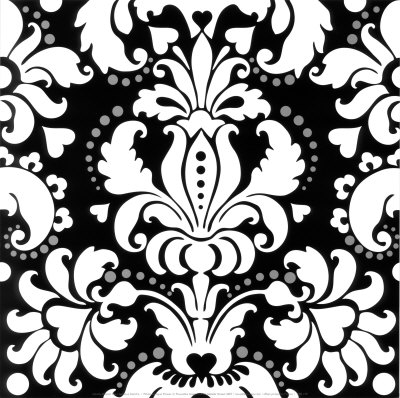 |
Craig White's Literature Courses
The Seventeenth Century
(1600s): |
|
The Seventeenth Century is a unique period of Western culture in that it doesn't have a descriptive name (like Renaissance, Enlightenment, or the Romantic or Modern eras) but only a temporal identification. Some period studies do not consider "the 17c" a period of its own, and others regard it as a transitional period with strong elements of the periods before and after.
In visual arts and music, the 17th century is often regarded as the Baroque Era, as with Baroque music and Baroque art. Baroque aesthetics are extravagant, ornate, busy, dramatic, often involving point & counterpoint.
The Seventeenth Century may be considered as a transitional period that concludes the Renaissance and begins the Enlightenment, but it may also be regarded as a mix of both these periods:
![]() mystical or religious elements or attitudes
(including religious wars) from
the
Middle Ages & Renaissance, intensified by
Protestant Reformation and
Counter-Reformation.
mystical or religious elements or attitudes
(including religious wars) from
the
Middle Ages & Renaissance, intensified by
Protestant Reformation and
Counter-Reformation.
![]() the Scientific revolution
advances, and rational elements or attitudes
lead toward the
Enlightenment or Age of Reason, (which begins in the late
1600s).
the Scientific revolution
advances, and rational elements or attitudes
lead toward the
Enlightenment or Age of Reason, (which begins in the late
1600s).
As its most distinguishing feature or marker, the 17th Century marks the culmination of the Reformation and Counter-Reformation developed by the Protestant and Catholic Churches:
![]() intensely emotional expressions of faith or belief
intensely emotional expressions of faith or belief
![]() religious warfare, persecution, and suffering
religious warfare, persecution, and suffering
The Reformation refers to the rise of Protestant Christianity, which peaked in intensity in Europe during the 1600s, though it began a century earlier with Martin Luther in Germany and the English Reformation led by King Henry VIII. The Puritans, Presbyterians, and many other Protestant sects (including early Baptists) rose during the 17th century.
The Protestant Reformation stimulated the Counter-Reformation (a.k.a. Catholic Revival or Catholic Reformation) from 1545-1648 when the Roman Catholic Church revived its spiritual missions, reconfigured its ecclesiastical institutions, and attempted to roll back political gains by Protestant leaders and populations.
The political and popular conflicts between the Protestant Reformation and the Catholic Counter-Reformation led to extensive and catastrophic military conflicts known as the European Wars of Religion, including the Thirty Years War (1618-48) and the English Civil Wars of the mid-1600s between Puritans and Anglo-Catholics.
Fighting over religion now seems primitive and anti-modern, but during the same period the Scientific Revolution was accelerating, leading to the Enlightenment or Age of Reason.
Also hastening the Enlightenment / Age of Reason are the downsides of religious intensity, which eventually becomes excessive, divisive, and exhausting, leaving people wanting a more practical and reasonable approach to life, and eventually to separation of church and state.
Religion always offers something immeasurable or non-empirical, making it a wild card in modern existence. The Enlightenment, however, begins to control the extent to which religion dictates our larger communal life and begins to make religion more a part of our private lives instead of our public communities.

Baroque-styled flower
With or without religion, good people can behave well and bad people can do evil; but for good people to do evil — that takes religion. -- Steven Weinberg (b. 1933), Nobel physicist (1979)
Men never do evil so completely and cheerfully as when
they do it from religious conviction. — Blaise Pascal (1623-1662), mathematician
and Catholic theologian
